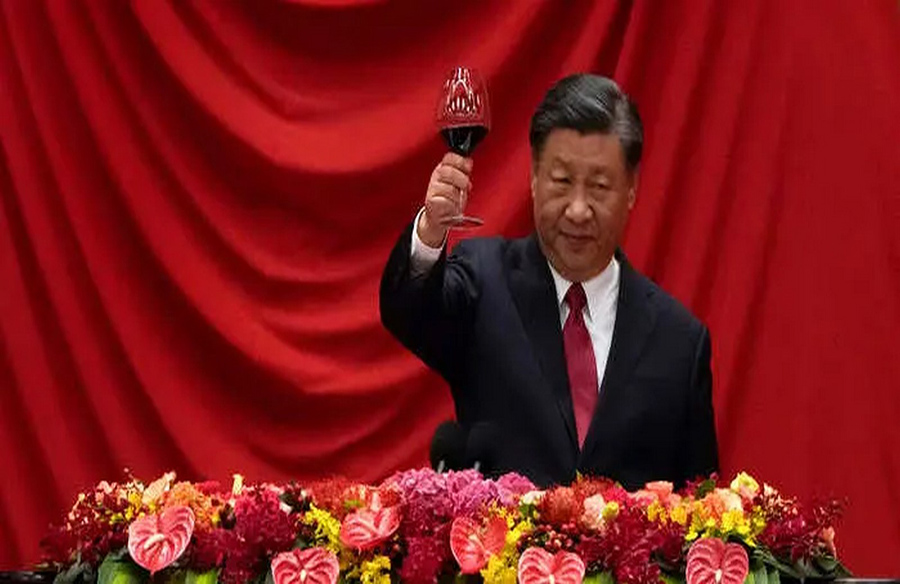
Tao Wang, an economist at UBS, recently shared her perspective on how China can navigate its economic challenges and restore market confidence. In an article published in the Financial Times, Wang emphasized the importance of coordinated action and timely interventions to reverse the country’s economic downturn.
Addressing Key Concerns
Wang highlighted the urgency of addressing issues plaguing China’s property sector and domestic consumption. She stressed the need for decisive measures aimed at revitalizing the economy, boosting corporate earnings, and encouraging spending by businesses and households alike.
Challenges Facing China
China’s economy has faced significant headwinds following the lifting of pandemic restrictions in late 2022. A series of defaults in the real estate sector, coupled with slowing growth, deflationary pressures, and rising unemployment, have eroded market confidence. Foreign investors have withdrawn from Chinese markets, exacerbating the situation.
The Path to Recovery
To turn the tide, Wang suggested that Beijing must be more proactive in providing stimulus and credit support. She emphasized the importance of policy coordination and political will in implementing effective measures to stimulate economic growth.
Structural Reforms
Wang proposed a government-led debt restructuring initiative to mitigate the impact of defaults and pave the way for a new growth model. Structural changes aimed at promoting innovation, reducing reliance on debt investment, and stimulating consumption would be essential for sustainable economic recovery.
Stimulus Measures
Encouraging spending through a stimulus package equivalent to at least 2% of GDP could help bolster consumption and finance infrastructure projects. Wang acknowledged Beijing’s reluctance to implement major stimulus measures but suggested alternatives such as increasing healthcare spending to support household consumption.
Monetary Policy
Wang advocated for looser monetary policy, including interest rate cuts and liquidity injections, to ease the burden of mortgage and corporate debt servicing. While Beijing has been cautious about reducing interest rates further, Wang argued that the benefits of such measures would outweigh potential risks.
Conclusion
In conclusion, Wang expressed confidence in China’s ability to overcome its economic challenges with the right mix of policy interventions and structural reforms. By demonstrating leadership and implementing timely measures, China can restore market confidence and pave the way for sustainable economic growth in the long term.










Leave a Reply